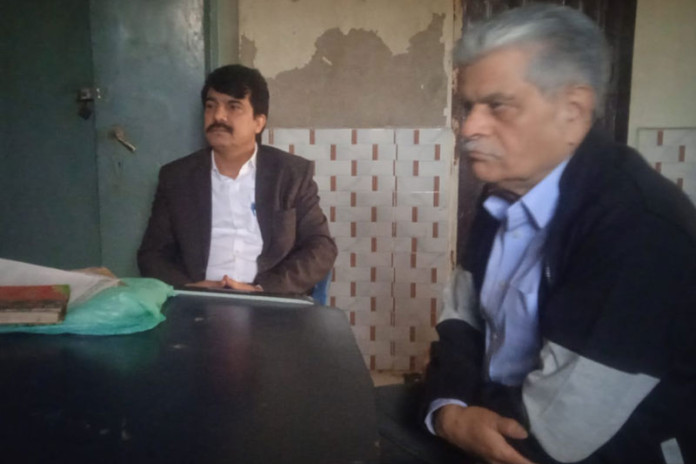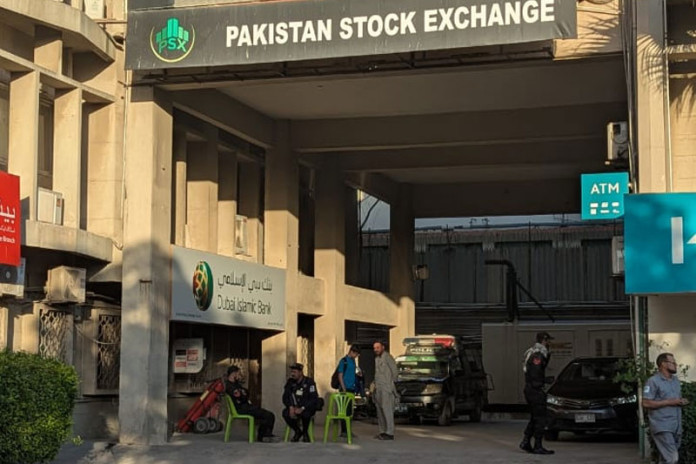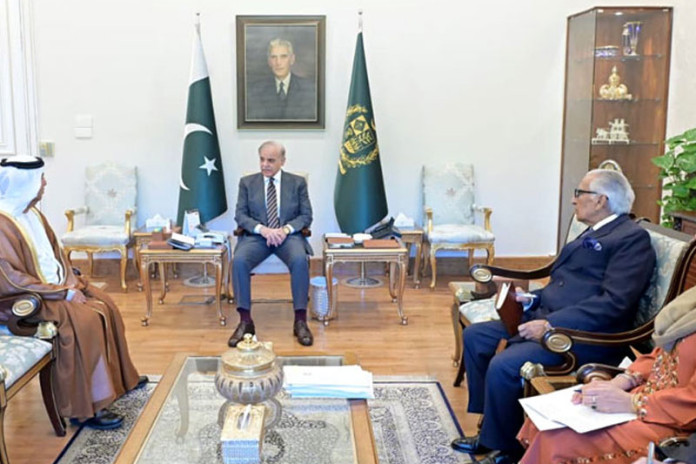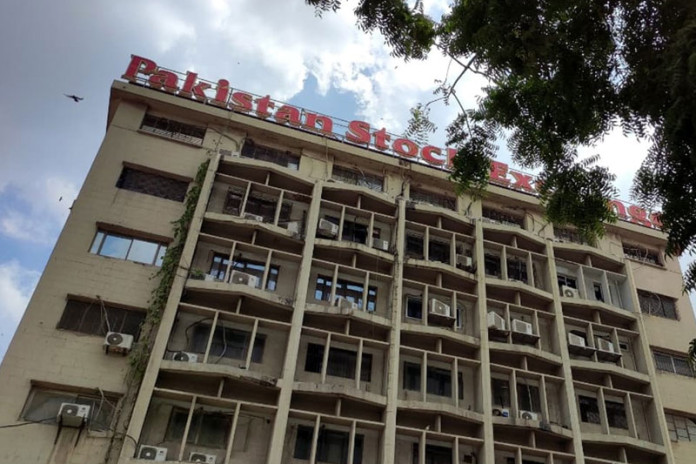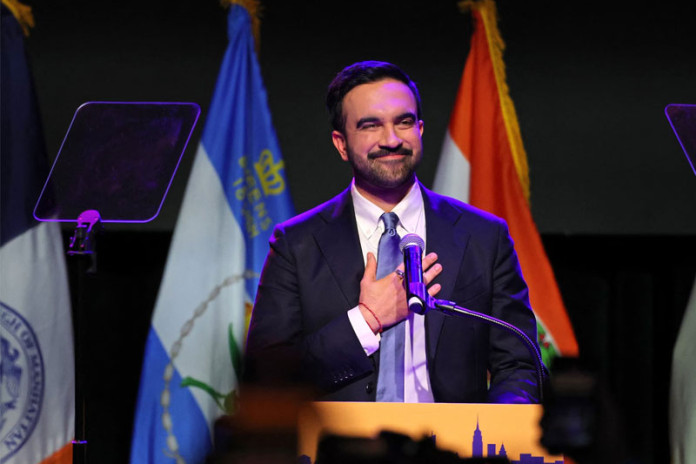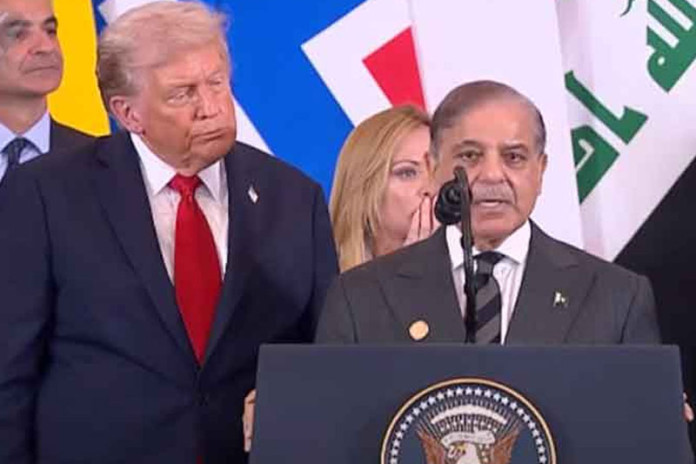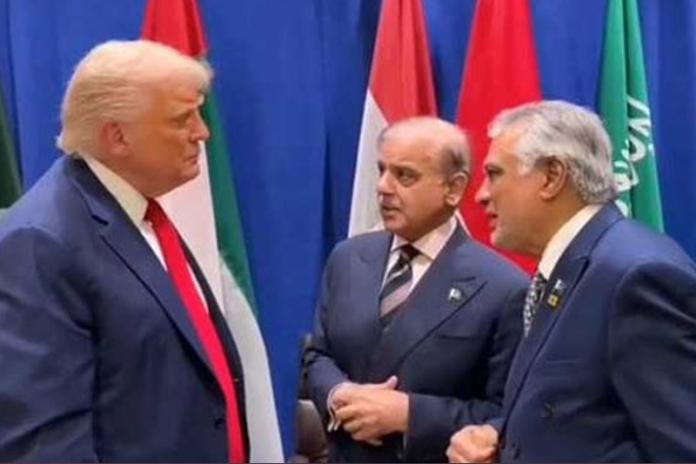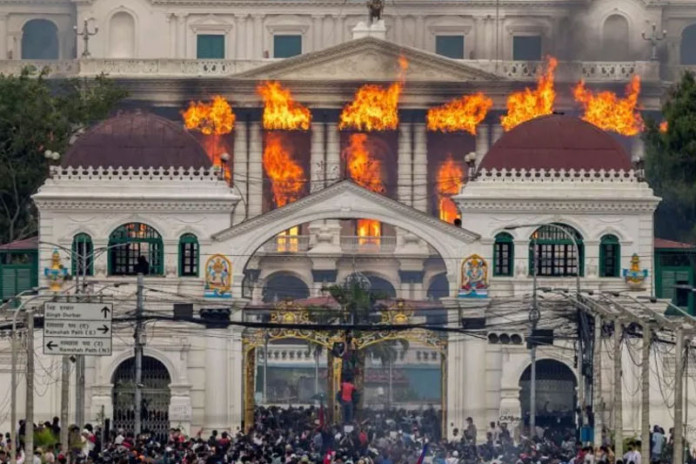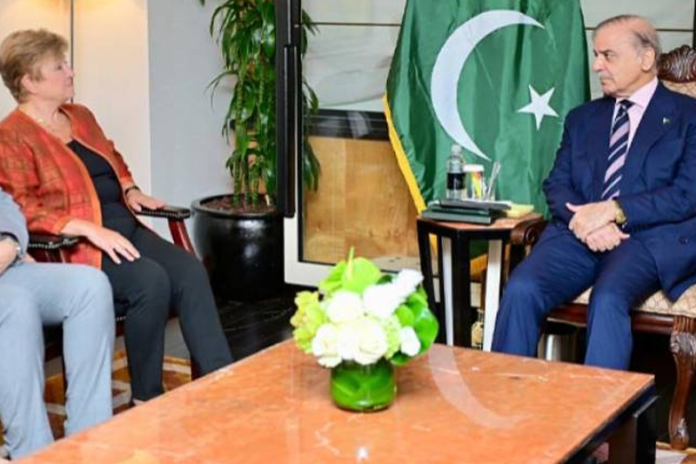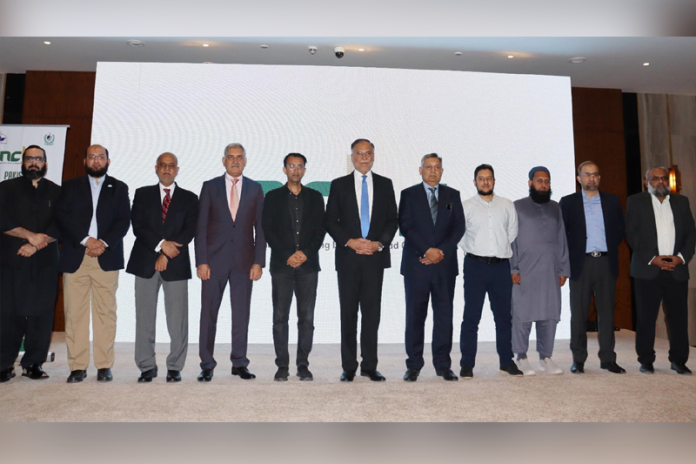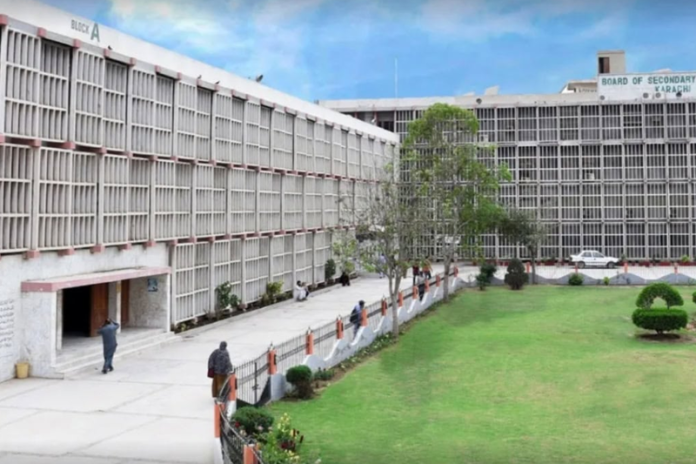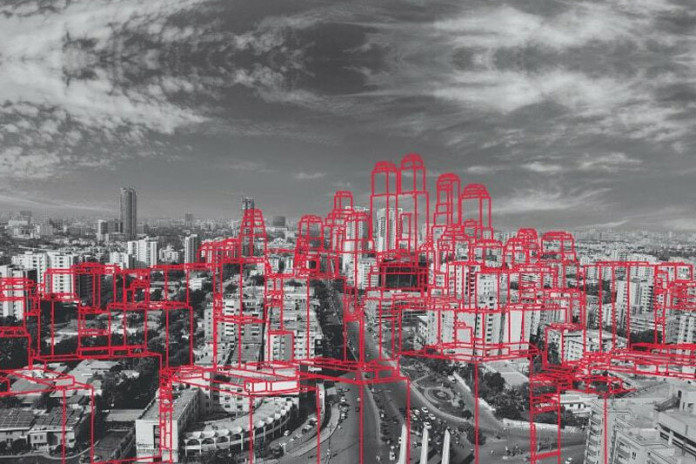Economic Challenges of the New Year

- 511
- 0
Despite a little improvement in economic indicators, the condition of the common man is still pathetic as he is still running from pillar to post to make both ends meet.
Therefore, the government urgently needs to develop an alternative policy to reduce the economic hardships of such classes. In this regard, while the government may face difficulties in obtaining funds from the IMF, it may also face a backlash from labor organizations and ordinary citizens. Therefore, it would not be wrong to say that if the biggest challenge for the government in 2024 was to save the country from bankruptcy, then the biggest challenge in 2025 is to save low-income citizens, the salaried class, and business and industrial enterprises already included in the tax net from economic hardship so that the journey of development can continue. In the past 6 years, the agriculture, industry and trade sectors have reached the lowest level in the country's history. In such a situation, black marketing of the dollar took its value to 350 rupees and inflation broke all past records.
The rate of people living below the poverty line has increased from 33 to 40 percent. In recent days, it has come to light that the richest five percent of the country's highest-earning class is saving taxes worth 1.5 trillion rupees annually. Although the country’s economic condition looks a little better at the beginning of the new year, it is also a fact that we were close to bankruptcy last year. If the IMF bailout package had not been received, Pakistan would not have had the foreign exchange to make timely external payments and even for the essential imports required by the country. This challenge of external payments still persists, which shows that there has been no significant reduction in the economic challenges facing Pakistan. In January 2024, Pakistan’s foreign exchange reserves were $13 billion. Of this, $8 billion was with the State Bank, while $5 billion was with commercial banks. At the end of 2024, our foreign exchange reserves were more than $16 billion. Of this, $11.8 billion was with the State Bank and $4.5 billion was with commercial banks. In the fiscal year 2024-25, Pakistan has to make payments of $30.35 billion in foreign loans and interest. In this regard, we have to make payments of about three billion dollars per month by July 2025.
This shows that we are still far from the goal of economic stability and we will have to borrow more from international financial institutions or friendly countries to ensure external payments. Obtaining short-term loans from friendly countries has become an important part of Pakistan’s economic policy in the past few years. Although these loans are important in maintaining the balance of external payments and their terms are not so strict. Nevertheless, they affect Pakistan’s internal politics, foreign policy and economic priorities at one level or another. Even at present, the five billion dollars in Pakistan’s foreign exchange reserves are provided by Saudi Arabia, China and the United Arab Emirates. In addition, the supply of oil to Pakistan on deferred payment by Saudi Arabia also plays an important role in supporting the country’s economy. Our economy’s dependence on loans from international financial institutions and friendly countries indicates that we still face the challenge of increasing exports and increasing remittances to meet our national expenses. A major obstacle in this regard in the past was the high interest rate of over 22 percent, due to which the inflation rate in January 2024 was 27 percent higher than the previous year. However, with a gradual reduction in interest rates of 9 percent by the end of 2024, inflation has come down to below five percent in December, while exports have also increased by 13 percent to $32 billion.
In addition to textiles, exports of commodities and information technology also increased significantly during this period. However, with a gradual reduction in interest rates of 9 percent by the end of 2024, inflation has come down to below five percent in December, while exports have also increased by 13 percent to $32 billion. In addition to textiles, exports of commodities and information technology also increased significantly during this period. However, in the new year, Pakistan faces the challenges of maintaining duty-free access to European markets and the expected policies and pressures adopted after the change of government in the United States. Another important challenge facing Pakistan in the new year is political instability, which has been a constant crisis for the past few years. The rulers need to understand that political stability in the country is indispensable for paving the way for foreign investment in any country. While this helps local and foreign investors to continue their economic activities without fear and security, it also creates new employment opportunities in the country. Therefore, if the political confrontation between the government and the opposition continues in the new year like in 2024 and political sit-ins and protests continue, it is likely to harm the country's efforts to improve the economic situation. In this regard, political parties need to adopt a policy of resolving mutual differences through meaningful negotiations so that the hesitation arising from uncertainty hindering foreign investment can be eliminated. Along with this, other challenges facing Pakistan include achieving the goals set under the IMF program. These goals include converting the informal economy into a formal economy, expanding the tax net, increasing revenues and implementing economic reforms, as well as improving government governance, building institutional capacity and preventing corruption and malfeasance in the use of public funds.
In addition, privatization of loss-making public institutions and the circular debt of the energy sector are also continuously increasing. It is worth mentioning here that the aim of the IMF conditions is to achieve macroeconomic stability, but some of the proposed reforms may directly affect the low-income classes.



